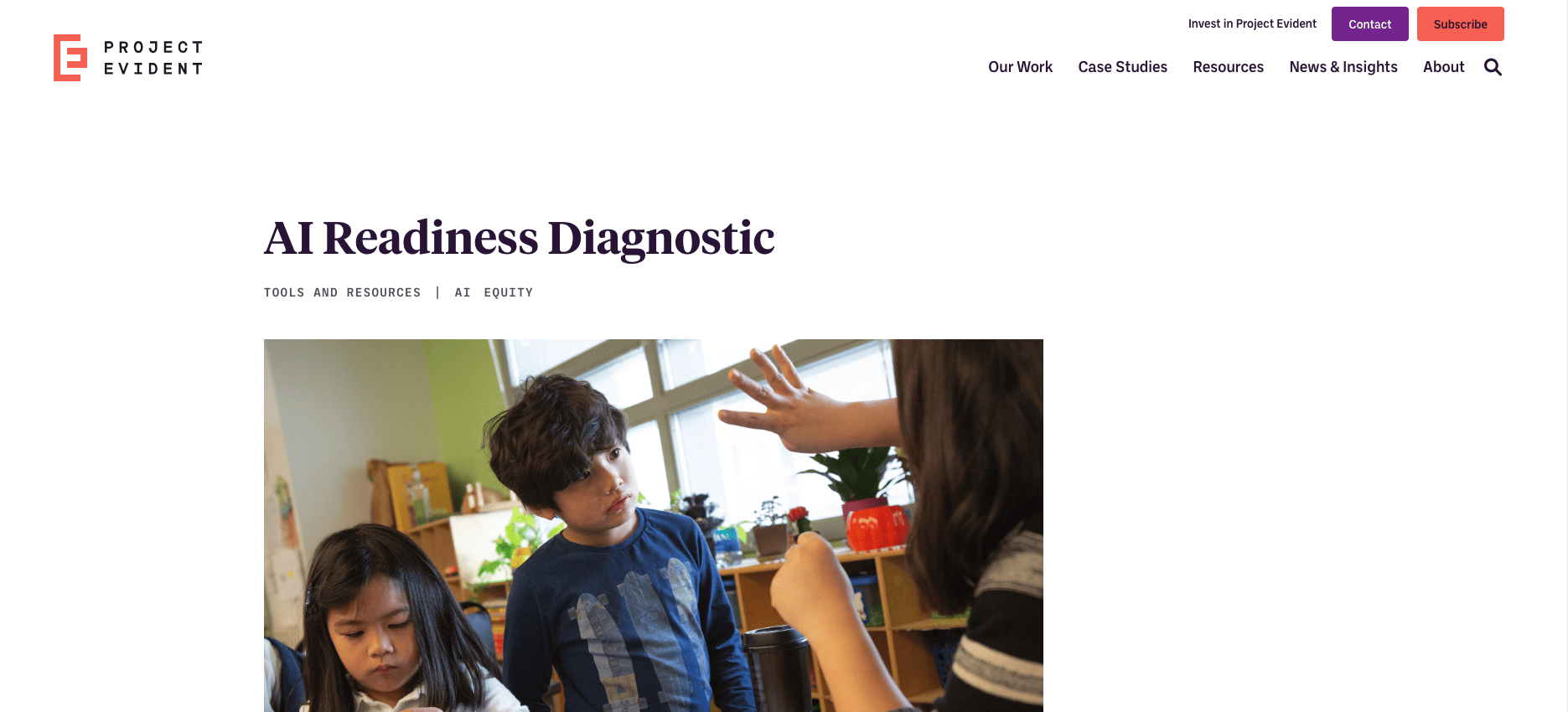Best Practices for Ethical AI Deployment in Non-Profits
Ethical AI deployment in the nonprofit sector is not merely about integrating cutting-edge technology—it’s about upholding and advancing the organization’s humanitarian mission. This crucial endeavor requires a strategic approach tailored to the unique constraints and objectives of nonprofits, ensuring that the AI solutions they implement are as responsible as they are revolutionary.
Preparing Non-Profits for AI Integration: A Roadmap to Readiness
Before taking the plunge into the vast AI ocean, non-profits need to build a solid foundation. This includes understanding the strategic goals of AI integration, ensuring organizational readiness, and equipping themselves with the necessary knowledge and skills. The readiness diagnostic tool by Project Evident points organizations in the right direction, guiding them through the preparatory steps crucial to a successful AI voyage.

Best Practices for Ethical AI Deployment
Deploying AI within a non-profit is not about replacing human intelligence but augmenting it. The best practices involve reflecting on the organization’s goals, collaborating across departments, and remaining transparent throughout the process. By focusing on their unique program logic and problem areas, non-profits can utilize AI to complement and amplify human-centric decision-making processes, such as identifying key demographics for enhanced support and services.
Ensuring Data Privacy and Security
Nonprofits must implement robust cybersecurity practices and comply with data protection laws to safeguard donor data used in AI systems. Measures include Access Controls, Anonymization, Network Security, Backups & Recovery.
Promoting Fairness by Mitigating Algorithmic Bias
As AI algorithms can perpetuate discrimination, nonprofits should audit systems and proactively identify biased decision-making. By detecting exclusions or favoring certain groups, the harms can be addressed through retraining models.
Fostering Transparency and Explainability
Clear communication on how AI systems operate, make predictions/recommendations, and utilize data builds understanding. Explanations dispel “black box” perceptions, enabling accountability.
Preserving Human Oversight and Discretion
Despite AI’s capabilities, human oversight remains critical for values-based decisions on complex dilemmas. As no algorithm can replicate empathy and nuance, nonprofit leaders should retain discretion over systems.
Defining Accountability and Evaluation Mechanisms
Last but not least, non-profits embarking on the AI journey need to be astute data stewards. Establishing clear policies that outline the ethical use of AI tools and data-sharing practices is crucial. The risks of AI are not to be taken lightly; strategic consideration must inform whether to develop in-house AI capabilities or outsource them. Formulating advisory committees and seeking AI expertise can further guide non-profits towards a path that secures data and ultimately serves their communities better.
To embed responsibility, formal policies should designate internal/external structures to evaluate AI systems and redress ethical breaches. Pre-deployment impact assessments further bolster accountability.
Conclusion
As we venture deeper into an AI-augmented future, it is paramount for non-profits to step forward with a conscience. Their strategic and ethical deployment of AI can indeed transform communities, but it has to be done with a commitment to data ownership, equity, and impactful outcomes. With the roadmap to readiness and the best deployment practices, non-profits are well-positioned to navigate the AI landscape with confidence and care, making a lasting difference in the world around us.

